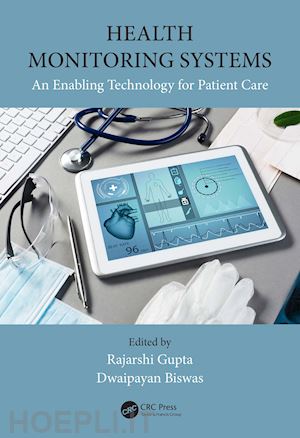Rajarshi Gupta received his M.Tech and PhD (Tech) in Instrumentation Engineering from University of Calcutta, India in 2002 and 2012 respectively. He is currently an Associate Professor with the Electrical Engineering Section, Department of Applied Physics, University of Calcutta, India. His research interests include cardiovascular signal measurements, and intelligent health monitoring. He has published 50 papers in peer reviewed international journals and conferences, 3 book/book chapters, with a Google Scholar Citation of 523, h-index of 12 and i-10 index of 12. He is currently associated as principal investigator/ co-principal investigator of 5 funded projects, with total funding of INR 62 lakhs in the area of biomedical devices and systems development. He has guided one PhD student and currently guiding five PhD students. Rajarshi is an active volunteer in IEEE and IET professional activities and has been associated with many flagship conferences in key positions. Dwaipayan Biswas received his MSc in System on Chip, 2011 and his PhD in Electrical Engineering, 2015, from University of Southampton (UoS), UK. During this period, he was involved with three European Union funded projects, namely Chiron (https://artemis-ia.eu/project/17-chiron.html), StrokeBack (https://www.strokeback.eu/) and PLEASED (https://www.physense.eu/pleased-project/). His research focused on developing low-complexity algorithm and architecture design targeting low-power VLSI implementation. He went on to work as a post-doctoral research fellow at UoS, 2015 – 2016, on Engineering and Physical Sciences Research Council (EPSRC) funded projects – Refresh (http://www.refresh-project.org.uk/) and Prime (http://www.prime-project.org/). He worked on smart office design based on cognitive monitoring and energy optimization for many-core embedded platforms. On November, 2016, he joined IMEC, Belgium, as a researcher on digital IC design for biomedical applications. He has been working on digital front-ends for low-power biomedical sensor readouts aimed at pervasive health monitoring. Further he has been actively involved in embedded algorithm-architecture development for motion artifact reduction during ambulatory sensing. His research interests include low-power VLSI design, biomedical signal processing, machine learning, brain computer interface and computer architecture. He has authored over 40 peer reviewed articles including journals, conference publications and book chapters.











